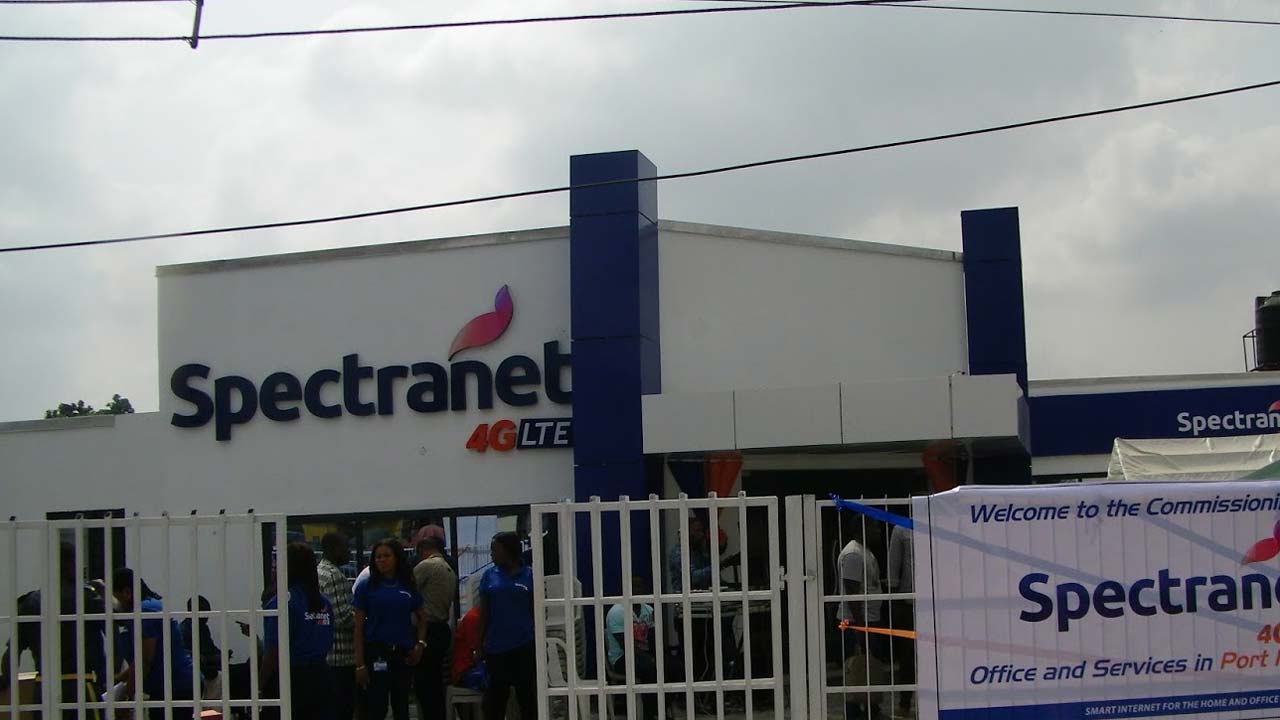
An operator in the Internet Service Provision (ISP) space of Nigeria, Spectranet has said that the challenge faced by players in the sub-sector has to do with viability of the industry in the country.
The Chief Executive Officer, Spectranet 4GLTE, Ajay Awasthi, said without data floor pricing, the market may shrink further. Awasthi, in an interaction with journalists in Lagos, said though the firm has a niche, which is high value customers, who want high speed, larger number of GBs and nice experience, however, lamented that the cost of servicing these customers is very high.
According to him, as there is a need to check on the bigger players, the mobile network operators, they can afford to slash data prices because they have significant customer base, “however, their actions are impeding the services rendered by ISPs.”Statistics from the Nigerian Communications Commission (NCC), showed that in the past five years, the Commission had licensed about 103 ISPs nationwide, but only 10 per cent applied for renewal of the licence as at last year.
According to the Spectranet boss, this trend may continue if the regulator failed to intervene urgently. Awasthi called on the regulatory body to establish a bench mark, by considering the cost of production and other variables in determining data prices to save and encourage small operators in the sector.He noted that the present cost of data in the industry encourages more people to use data service, especially because of its affordability as provided by the big operators. “This has led to data congestion, which is overtly not favourable to ISPs.
“Considering the cost of providing quality data, the issue of price determination should be reconsidered. This is to assist small operators not for big operators, which will still survive with the present situation. If there is a benchmark for data price, it will encourage small operators in the sector. We need to look beyond public sentiment and revisit the issue for the growth of the industry,” he said.
Awasthi also charged the NCC to enable a more business friendly policy that supports deployment of telecom transmission infrastructure and quality service delivery. He said the cost of moving infrastructure from one state to the other in Nigeria is costlier than from Lagos to London, adding that the regulatory body must go beyond granting of licenses, but to eliminating bottlenecks in securing Right of Way (ROW).
“This cost is heavily against us to survive and getting permission for fibre layout is expensive. It is therefore difficult to be offering same service at a cheaper cost,” he added.Although the NCC had licensed InfraCos in some geo-political areas of the country to deploy and provide transmission service in their areas of jurisdiction, the Spectranet boss noted that there should be formulation and implementation of policies that will attract other investors in the provision of transmission infrastructure in order to drive down the cost of such service.
According to him, availability of transmission infrastructure holds the key to increased broadband penetration with improved quality of service by telecommunications operators which is required for effective service delivery by other sectors.The CEO further said the ISPs have a critical role to play in the attainment of national broadband growth objectives and must therefore not be left to die out.
“ISPs started out as a business oriented platform and providing the enabling environment will help its survival and quality service provision. The myriad challenges of power, accessibility of forex, multiple taxation and regulation, infrastructure, vandalism as well as high costs, and bottlenecks in obtaining ROW should be eliminated for more investors and other stakeholders to drive data inclusion,” he added.
Noting that digital penetration can be increased by providing affordable devices for customers and a high broadband, he said telecoms in Nigeria will increase the GDP if properly harnessed.
[ad unit=2]






